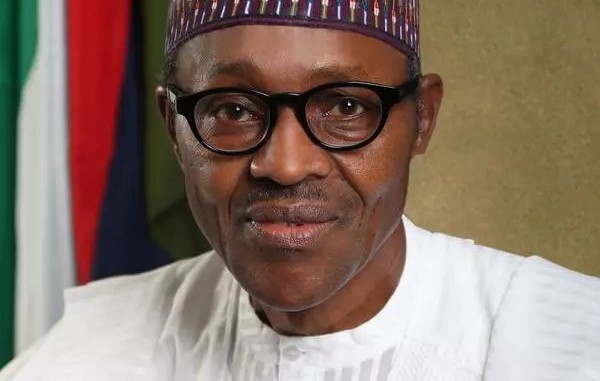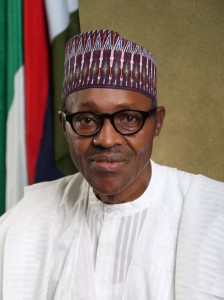
More details are emerging about the social protection programmes of the Muhammadu Buhari presidency, including a scheme to grant soft loans to about one million artisans and market women in the proposed 2016 budget.

A senior federal government official who described the current controversy in the Senate regarding two versions of the proposed budget as a “distraction and a storm in a tea-cup,” confirmed that a provision to grant a one -time soft loan of about N60,000 each to one million market women, men and artisans is in the budget.
According to the official, who asked not to be named because of the sensitive nature of the matter, said the budget sent out by the presidency is a bunch of proposals which would only become sacrosanct relatively after it had become an appropriation.
“To now have all this hue and cry on alleged versions, and switched copies is not just a distraction, but a storm in a tea-cup.”
The official said there were far too important components in the budget proposals, including the soft loan which is the Micro-Credit component of the Buhari Social Protection programmes.
This component, according to the official, will gulp about N60 Billion and is one of a six-point social protection programme of the administration.
While details of the implementation of the N60billion Micro-Credit scheme are being worked out and would be rolled out once the budget is approved by the National Assembly, there are five other social protection schemes identified to be coordinated by a Special Adviser for Social Protection Plan in the presidency, with an effective inter ministerial involvement.
The official who spoke on condition of anonymity said the Special Adviser has also ready been named and is now working in the Office of the Vice President. She is Maryam Uwais.
Mrs. Uwais, is a respected lawyer with over 30 years experience, including serving as a Principal Partner of Wali Uwais & Co, an Abuja-based law firm.
Besides the Micro-Credit scheme, there are five other social investment plans of the Buhari administration already provided for in the budget with about N500billion, or an unprecedented nine percent of the total budget.
Presidency insiders say this is the first time the Nigerian government is spending this much on targeted social welfare scheme.
The other five schemes are:
The Teach Nigeria Scheme: Where the federal government plans to directly hire 500,000 graduates as teachers. Under the scheme government will hire, train and deploy the graduates to help raise the quality of teachers in public schools across the nation.
Sources say the selection of the 500,000 teachers is likely to be on states and FCT basis.
The Youth Employment Agency: Where between 300,000 to 500,000 non graduate youths would be taken through skill acquisition programmes and vocational training for which they would be paid stipends during the training. Government expects that they would then become self-sustaining members of their communities. The selection of the youths for this scheme would also be per states and FCT.
Conditional Cash Transfer (CCT): Where government would pay directly N5000 per month to one million extremely poor Nigerians this year on the condition that they have children enrolled in school and are immunized.
It would be recalled that the Vice President had explained that such cash transfers would enable those extremely poor Nigerians “to live decently.”
According to the presidency official this is the most misunderstood of the schemes and he clarified that it would only be for extremely poor people based on a set of criteria that is being determined, including the use of social registers which the president announced during the budget speech as being currently compiled. The office of the Special Adviser is said to be already working on the registers.
The World Bank is working with the federal government on some of this programmes including the CCT.
Homegrown School Feeding: Where the federal government would serve one meal a day to students of primary schools. Those familiar with the scheme said it would be implemented in collaboration with state governments.
Sources said a pilot scheme for this would start with a number of states drawn from across the country, and then developed to cover the entire country.
In the 2016 proposed budget, provision has been made to implement this on a pilot scheme basis.
This programme is also said to have international support from the global community including the Imperial College of the UK.
Free Education Scheme For Science, Technology, Engineering and Maths (STEM): Where tuition payment would be paid for about 100,000 STEM students in tertiary institutions in the country. The government is also proposing, in the 2016 budget, to spend about N5billion on this particular scheme.
Culled
Leave a Reply